Efforts in national level and grassroots level to introduce nutrition education in Cambodian public school
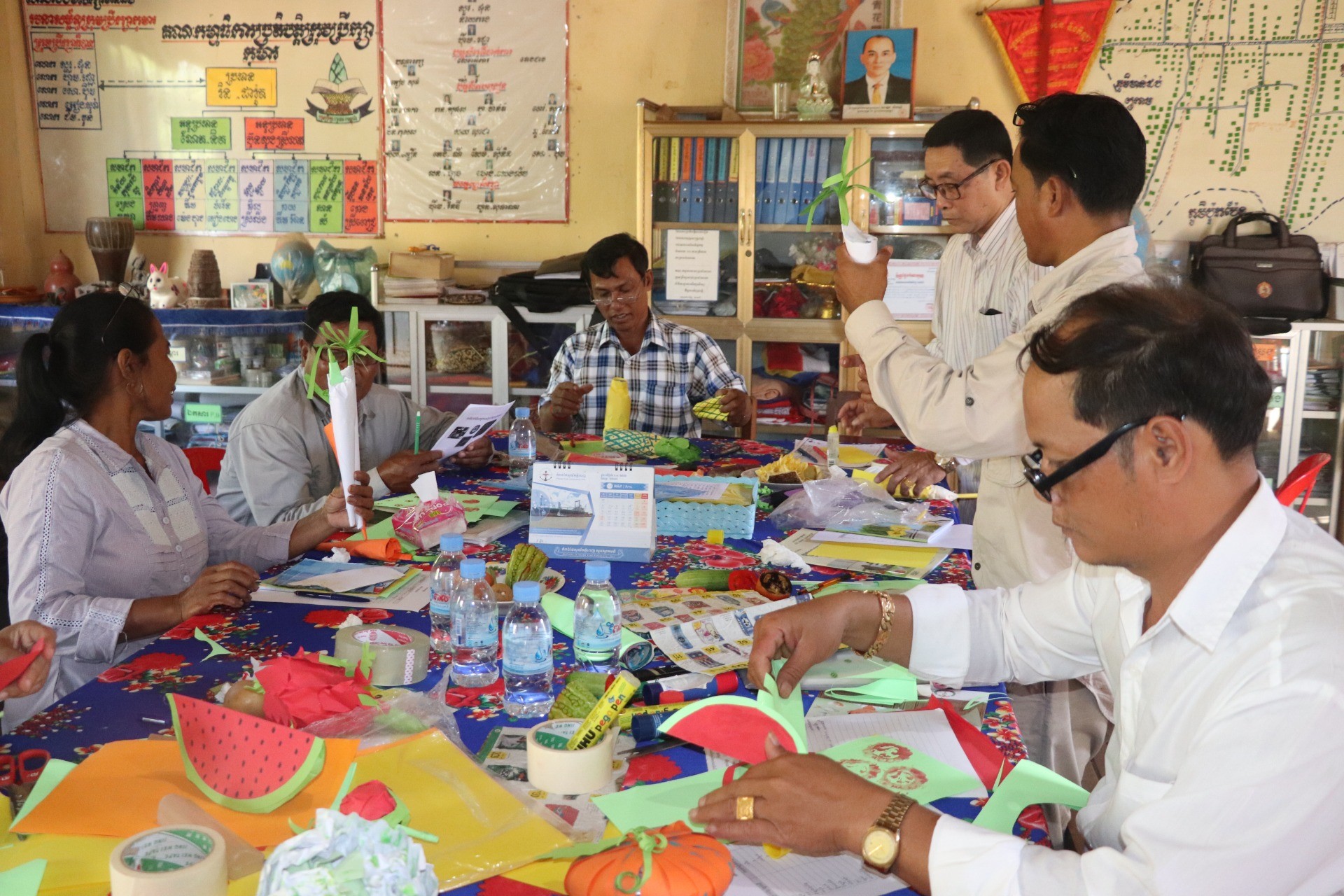
Training on nutrition for staff of the School Health Department
Cambodia is planning to start health education that includes nutrition in all public primary, lower and upper secondary schools in 2025. For the time being, FIDR has been supporting Cambodian government in establishing a system of implementing nutrition education while improving the school environment towards the start of nutrition education in the future.
To prepare for the nutrition education, it is necessary to develop health textbooks, syllabus, course guidelines as well as conduct training for teachers who will be in charge of this subject at shools. The School Health Department (SHD) of the Ministry of Education, Youth and Sport (MoEYS), which is responsible for all the above affairs has been facing a shortage of nutrition specialist and human resources. Therefore, FIDR is currently conducting training on nutrition for staff of the department and supporting them in developing textbooks and instruction guidelines.
Ms. Eri Kai, a nutrition specialist working on this project, commented on the efforts in introducing nutrition education in the schools, "In Cambodia, the teacher-centered approach is commonly used as a teaching method. Students are asked to repeat what the teacher said and copy everything teachers wrote on the blackboard in their notebook. Teachers usually use only textbooks as teaching material. However, this method is not effective to help students remember what they learned. Therefore, we encourage teachers to adopt a participatory approach in teaching, in which they involve the students through conducting classroom activities. As an attempt to promote participatory approach, we also introduced them how to make supplementary teaching materials other than textbooks.”
On the other hand, FIDR has been also working on improving the school facilities, where the nutrition education will be practiced in the upcoming time. When FIDR staff visited some schools to introduce new teaching materials, they found that the hygienic condition was poor and the hand-washing area was broken and unusable in some places. It is critical because the poor hygienic condition increases the risk of infectious disease. Under the circumstances, children’s nutrition status will not be improved, even if they get enough necessary nutrients. Therefore, FIDR has selected four schools in Kampong Cham Province as target schools and has been working on improving the hygienic condition to make these schools become model schools.
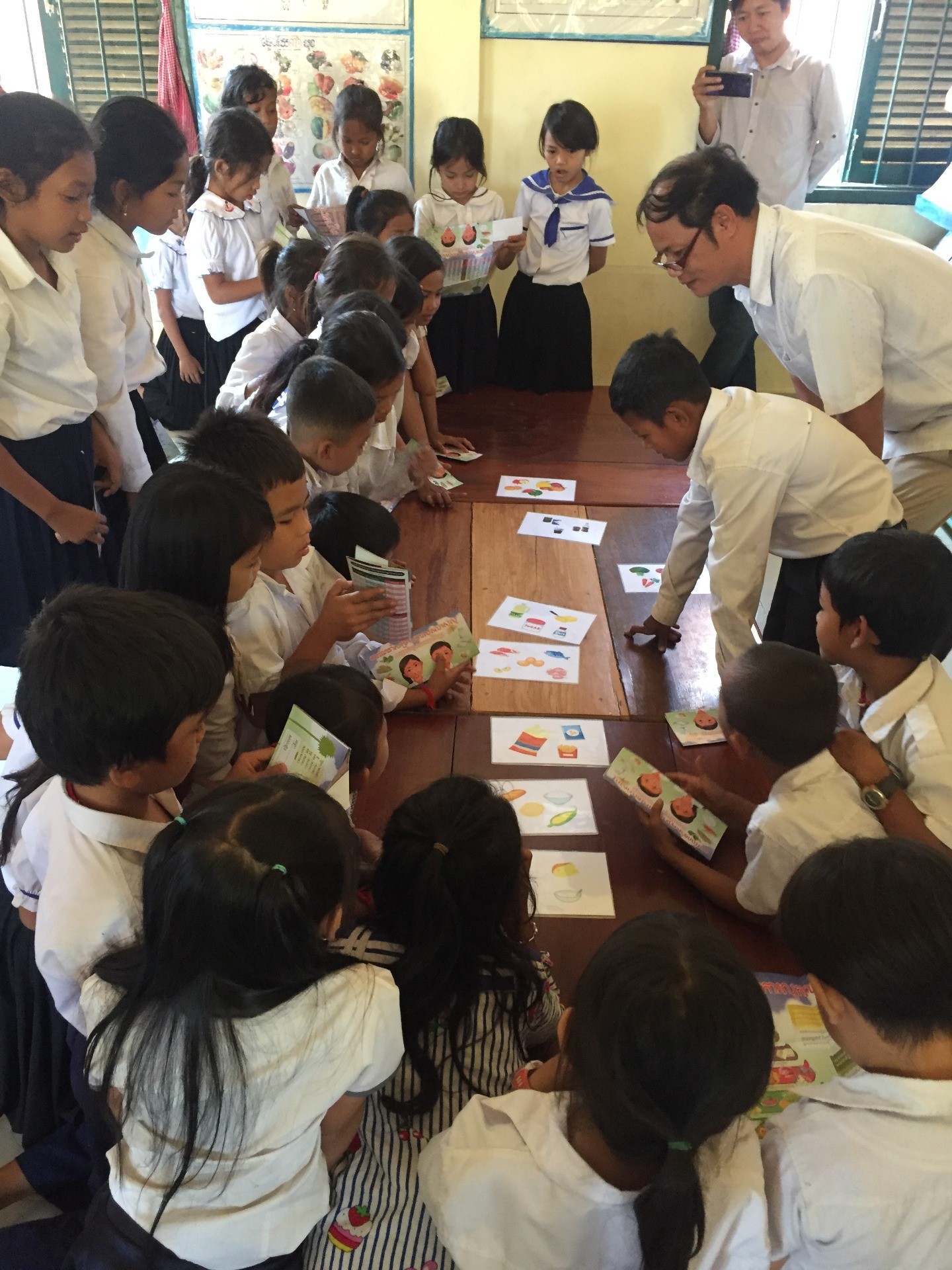
Students were learning about nutrition through games
The leadership of principals is very important in improving the school environment. However, there is no training system for in-service teachers and school management members in Cambodia. Therefore, FIDR has been supporting the capacity building of principals. Last year, FIDR supported the principals to visit two schools of other province to get some insights into the school setting and environment. Principal of one school, who was very inspired after the visit, is gradually improving the environment of his school such as setting up a hand-washing area near the toilet with the cooperation of local people and temples.
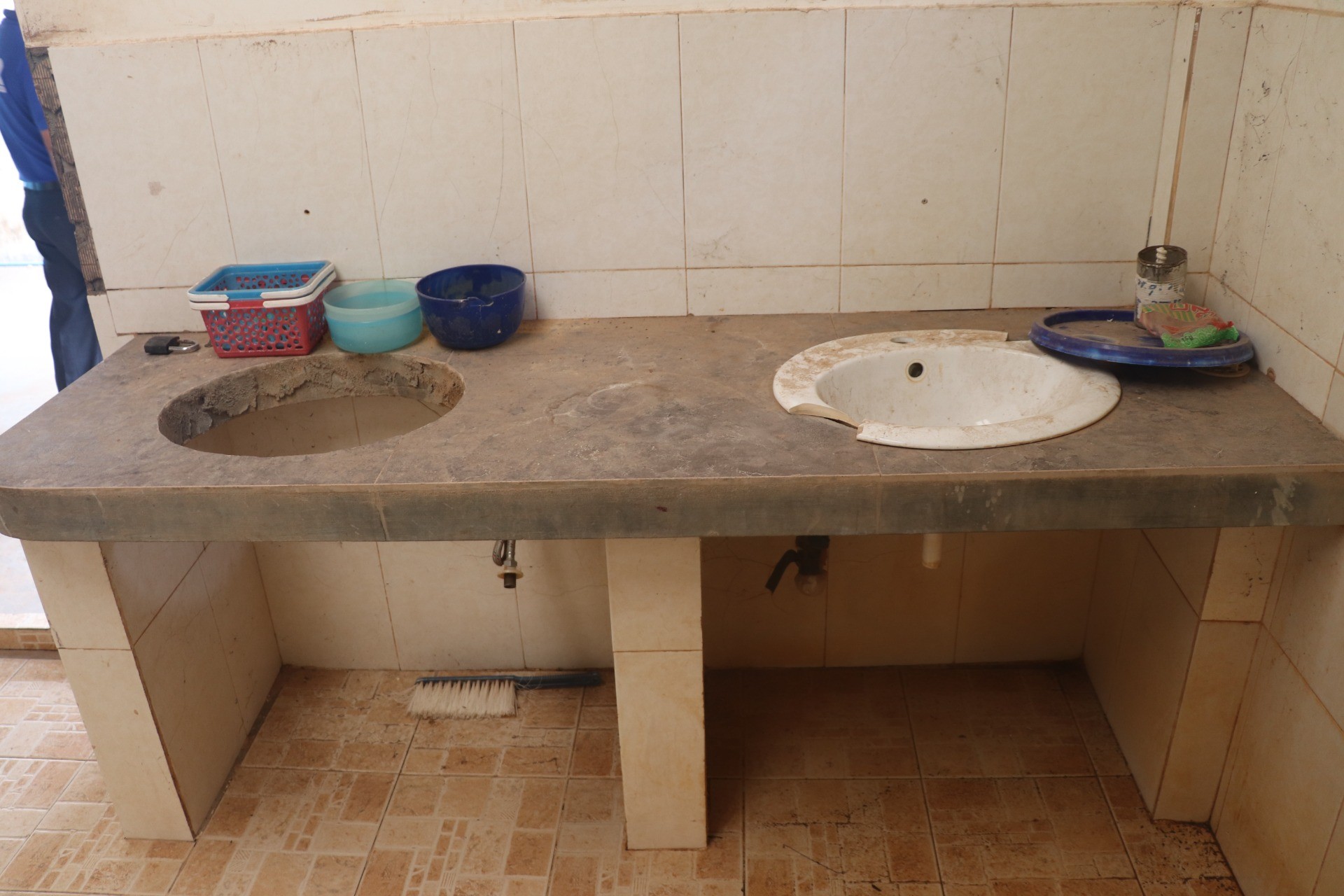
Hand-washing area before maintenance
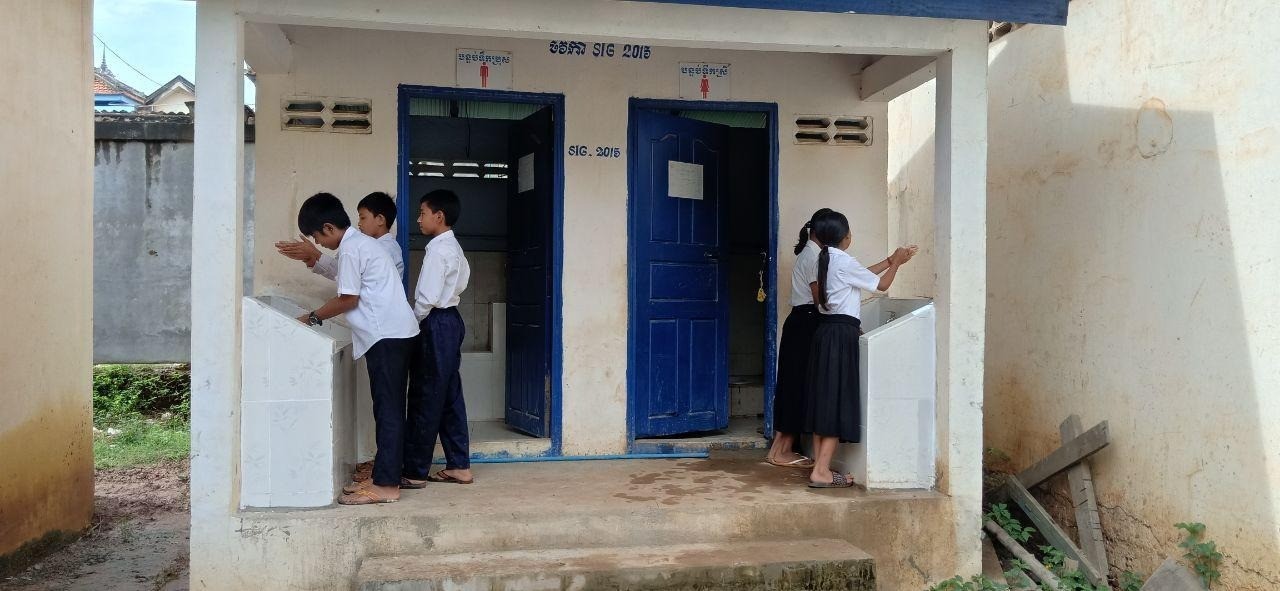
Hand-washing area after maintenance
Other Activity Reports
-
Kampong-Leng Livelihood Improvement Project

2026.02.18
Story of Integrating Furikake ...
Cambodia Nutrition Agriculture International Cooperation for Social Development -
Emergency Relief for Displaced People in Cambodia
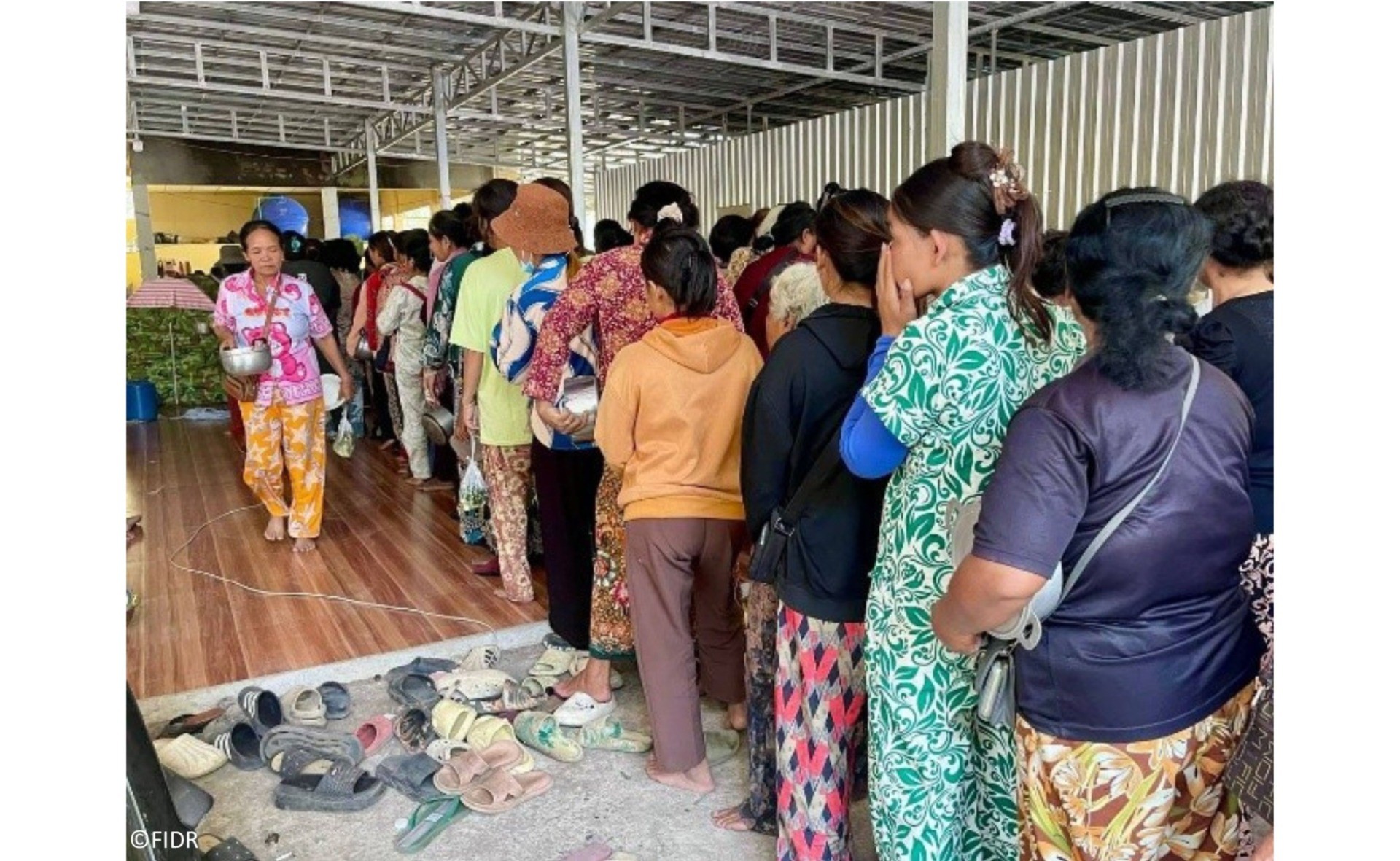
2026.01.30
Needs Assessment for Emergency...
Cambodia Emergency Response and Rehabilitation Assistance
DONATION
Your generous donation now will have impacts
on children and communities in our fields.














